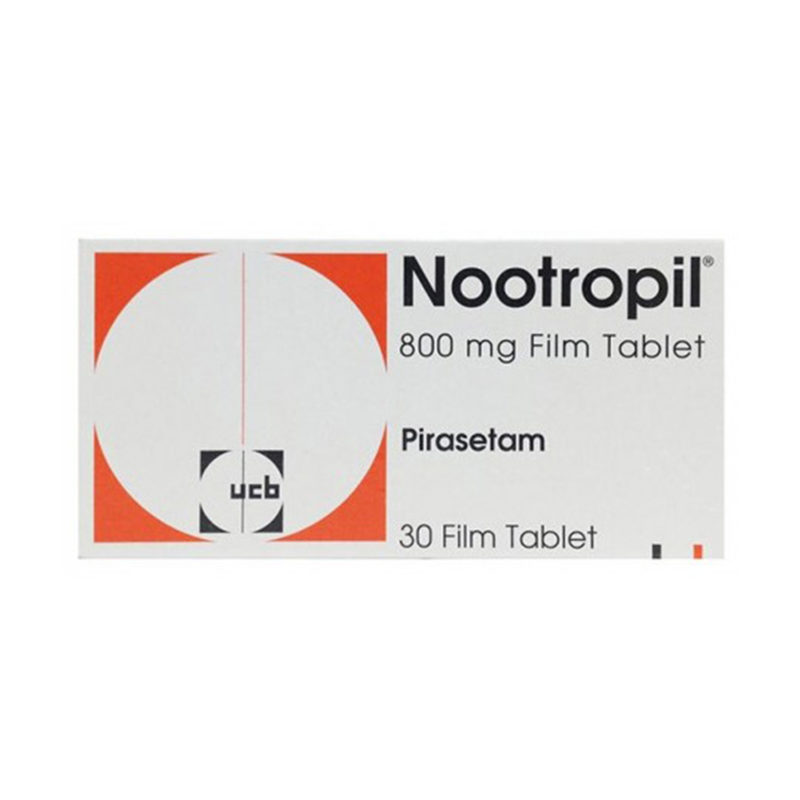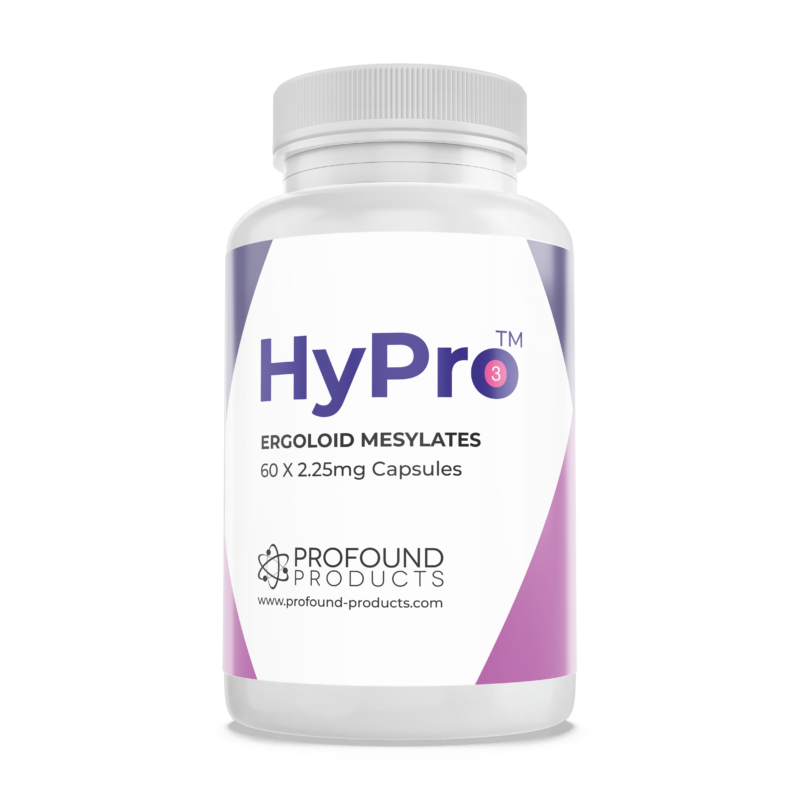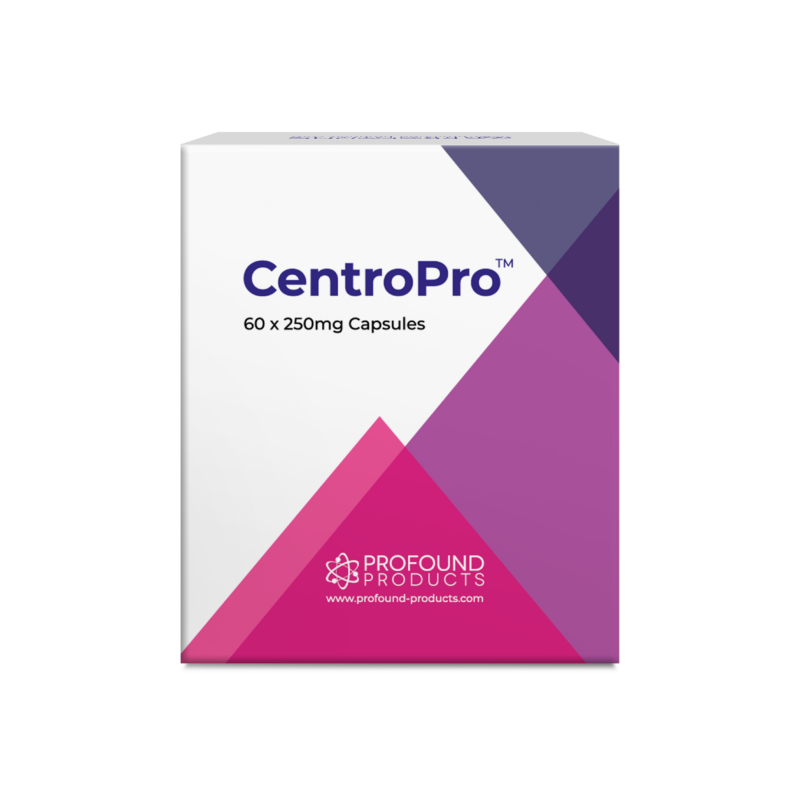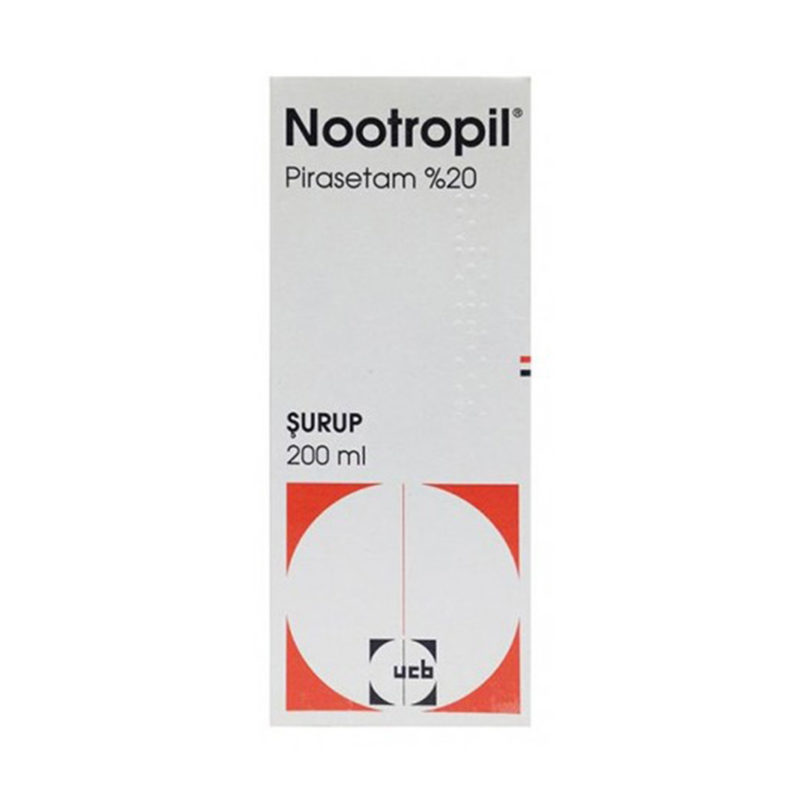Successful Aging Results
Ed.- Frank Shallenberger MD, has devoted his professional career to understanding the fundamentals of what keeps us well. To this end, he has used an approach in his medical practice for more than twenty years that integrates the best of alternative medicine with the best of conventional medicine.
He is a pioneer in the clinical application of oxidative medicine, a new discipline that emphasizes the profound importance of oxygen and energy production in health and longevity. Using a revolutionary technology known as gas exchange analysis, he is able to measure the energy production of patients, and improve it to more youthful levels.
Dr. Shallenberger is the founder and medical director of The Nevada Center of Alternative and Anti-Aging Medicine in Carson City, Nevada, a facility that attracts patients from all over the country. He is board certified in anti-aging medicine. In 2001 he was honored to be a speaker at the First Monte Carlo Antiaging Conference ™, a global gathering of health professionals interested in applying anti-aging strategies.
Dr. Shallenberger is the father of four children. His extended family includes a horse and five chickens. He is an avid backpacker and cyclist. He has won numerous cycling events, and garnered silver medals in his age bracket in the Nevada State Mountain Bike Championship Series and the Northern California Time Trials. He aims to keep himself and his patients young and energetic for a long time.
The Case of A.S.
A.S. was a 50 year old man who began to experience the first obvious signs of aging when he was 48. He had been an avid marathon runner until then, which in retrospect accounted for his remarkable energy and stamina.
However six months after he stopped his racing pursuits he contacted me regarding symptoms of unaccountable moodiness, often resulting in mild depression.
He also complained of a significant decrease in his desire for sex along with episodes of decreased sexual performance. He was worried about this in particular. He was having difficulty sleeping well, and was feeling quite drained of energy. His symptoms of fatigue were so pronounced that at first I was concerned that he may have contracted an illness. Subsequent testing however was completely within normal limits, as was his physical examination.
In a 50 year man who complains of such symptoms and yet has a completely normal medical exam, only one thing is likely to be responsible- Aging.
Aging
Accordingly, we tested his salivary and blood levels of hormones, and found that he had a number of hormonal deficiencies including DHEA, thyroid, testosterone, and growth hormone. He was therefore started on a clinical trial of an individualized medical program which supplemented all of these hormones, along with regular exercise.
Within three months he stated that he was seeing an improvement across the board. Six months later he reported that he felt “as good as I’ve ever felt in my life.” This patient checked in for a regular hormonal evaluation and physical examination each year for the next four years and continued to feel great and have no complaint until he was 54. That year he called me up and stated that he thought his memory was becoming impaired.
He had worked in the technical sciences all his life, and had always depended on a optimally functioning memory and recall, but he had become concerned because over the past several months he had been noting some problems. The symptoms at first were so subtle that he just wrote them off, but after a while it had become apparent to him that things were definitely no like they used to be.
He found that he would have to struggle for the right word on too many occasions, and that data which he had remembered and used all his life did not come up nearly as fast as it had before. Again a physical examination was performed which thankfully was completely normal. At the Nevada Center we have a computerized cognitive assessment examination, and so he was scheduled for this.
His performance on the test was normal for his age, but despite this finding A.S. stated that he did not want to have the cognitive function that was normal for his age of 54. Instead he was interested in seeing if his brain function could not be improved back to how it had been all his life. Therefore we started him on a program of cognitive enhancers consisting of hydergine ®, piracetam, lucidril, phosphatidyl serine, and acetyl l-carnitine.
He maintained this program for several months before he began to notice improvement. The improvement was particularly noticeable after he enrolled in a Spanish class during this time. According to him he had always had difficulty with new languages, but felt that since he had been on the cognitive enhancers, his ability to learn was better than ever.
Six months later, when we tested him on the computerized program, he had the test scores typical of a 25 year old, yet A.S. is now 56 years old. His mental and physical function is remarkable according to him and his wife and friends. He continues all hormones, and also takes lucidril on a regular basis.
Lessons From This Case
This case illustrates several important aspects of anti-aging medicine. Number one, because of his demanding mental and physical lifestyle, this gentleman was unusually aware of his levels of performance. He was able to pinpoint decreases in his well being more accurately than many people his age. This astuteness lead him to seek relief long before many other men would have.
For example, I often have men come to the clinic and tell me that they basically feel just fine and have no complaints, while their wives however often have a different story. “He’s grumpy and moody. He gets up several times at night to go to the bathroom which he never used to do. He’s not interested in sex any where close to the way he used to be, and he doesn’t seem to have the energy he used to.” Many patients, particularly men, do not fully grasp how much they have declined from the aging process, either because they are in a bit of denial, or because they just figure that despite the decline they are all right “for my age.” In these cases often everybody but the patient appreciates the full impact of the decline.
Secondly, even with proper hormonal replacement along with a healthy lifestyle and exercise regime, a decline in mental performance can still occur. In this vein, cognitive testing using computers can be very helpful in tracking and determining optimal functioning, as well as response to therapy.
The last thing to be learned form this case is that the time to begin intervening in the aging process is early on, when the patient is still in his forties. To often men wait until they are 60-70 years old before they decide to seek attention for age related symptoms. They can certainly be helped at any age, but the degree of possible improvement decreases each decade that the aging process is ignored.
Whether we feel it or not, the aging process is very active even in our forties, and it is at this time that we can experience the most efficient use of anti-aging technology.
I look forward to the day when patients who feel fine and are free of disease will routinely seek the services of an anti-aging specialist in order to stay that way for many years to come.




